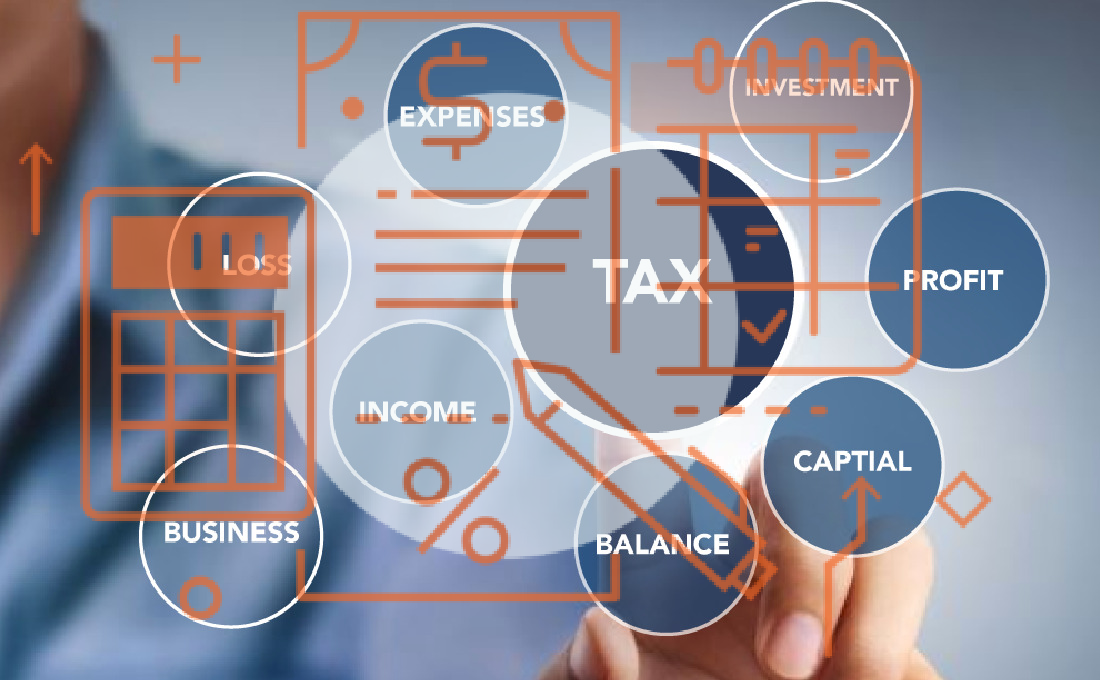Is Islamic Tax System, Democratic or Republican?

As it is an essential part of any growing economy, the tax topic remains one of few topics where the Democratic party and the Republican party have major differences in. Both parties favor tax cuts, but each party takes a different view on where those tax cuts should be applied. The Democrats believe there should only be cuts for middle and low income families, but believe they should be higher on corporations and wealthy individuals. The Republicans believe there should be tax cuts for everyone, both corporations and people of all income levels.
Islam is the fourth-largest faith in the United States, after Christianity, Judaism and Buddhism.[1] It was followed by 0.9% of the population in 2010, compared to 78.3% who follow Christianity, 16.4% unaffiliated, 1.8% Judaism and 1.2% Buddhism.
American Muslims come from various backgrounds and, according to a 2009 Gallup poll, are one of the most racially diverse religious groups in the United States. American Shia Muslims not only have the responsibility to pay the obligational Tax set by their country, all responsible Shia Muslim adults are held accountable to pay an Islamic Tax often referred to as Khums (Religious Tax).
In the following paragraphs, we explain the Islamic Tax System, according to the expert in Islamic Law, and extracted from Islamic Fighh (Law) books.
Islamic Tax System. These taxes are obligational to all adults capable of paying them and heads of households. In the book Islamic Law by Sayid Sadiq Shirazi these are the rules in which govern the individual who must pay these taxes that are based in religious doctrine outlined by the Grand Ayatollah. In regards to Islamic tax and Monetary Duties first and foremost It is not permissible to levy any kind of monetary taxes other than the mandatory individual Tax duties which are the Khums, the Zakah, the Jizyah, and the Khiraj. Also In regards to Islamic tax and Monetary Duties
First and foremost It is not permissible to levy any kind of monetary taxes other than the “mandatory individual Tax” duties which are the Khums, the Zakah, the Jizyah, and the Khira. in further understanding the difference between the colossal statutory taxes we have today and the Islamic Monetary System, As Sayed Sadiq point out in his book, the Islamic Law (710-711): “there are many differences some of which are that the Islamic Monetary System secures all the needs – with far greater and better freedoms – to the extent that it observes to the debts of the debtors and the deceased, contrary to the system of the statutory taxes today. A comparison between the history of religious law , and the world economic system today, as well as other matters between the two, reveals this truth clearly.
Islam devised a developing economy that develops according to the expansion and increase in the needs and requirements of society, for it has the principles that address fundamental issues and others that tackle the changing requirements.
Islam has it’s own approach towards the taxing system and it is neither Republican nor Democratic, instead it focuses on rights of people, and increasing the ability of government serving people and providing and supporting those who cannot support themselves anymore or have one way or another lost the ability to become financially stable.
Gathered by:
Research Department of Shirazi Foundation
Washington D.C





